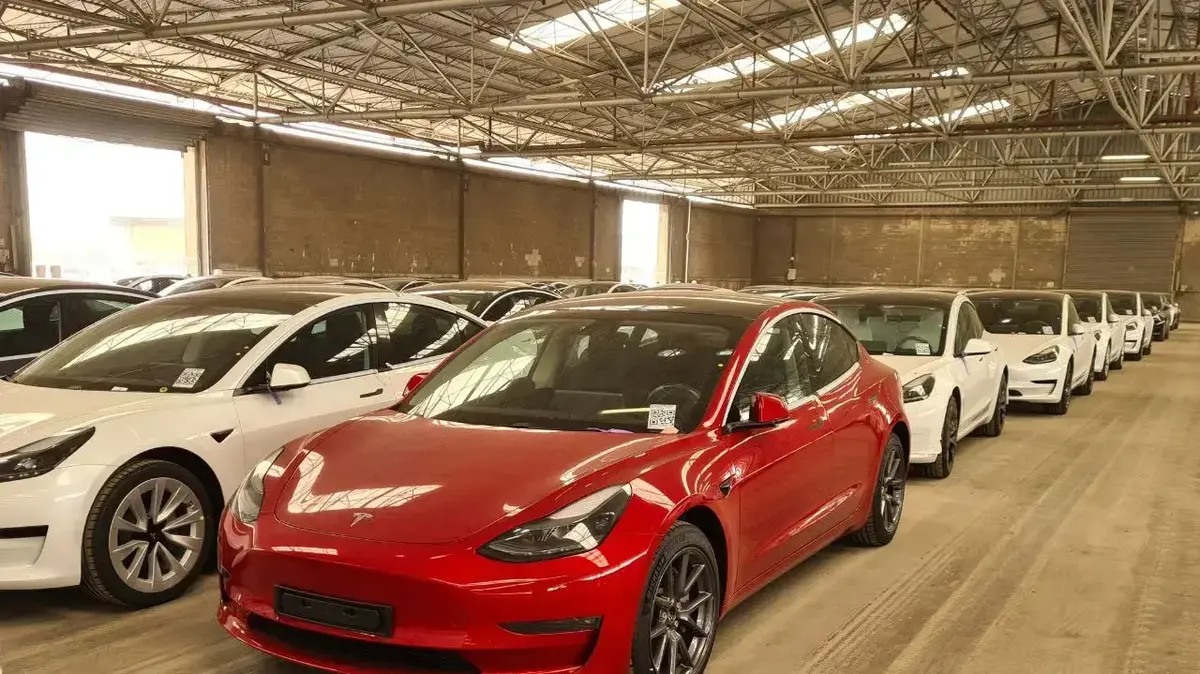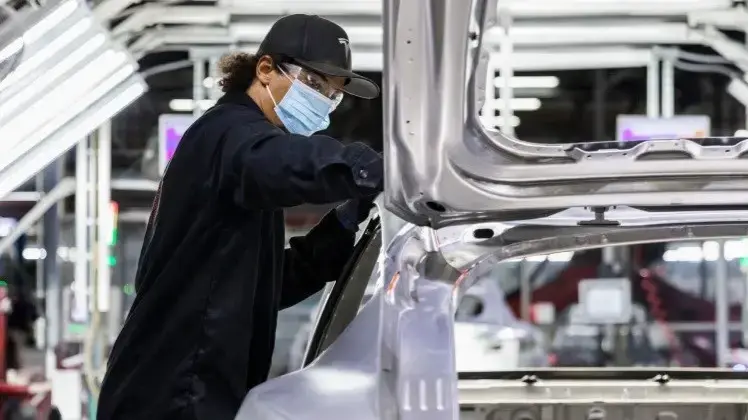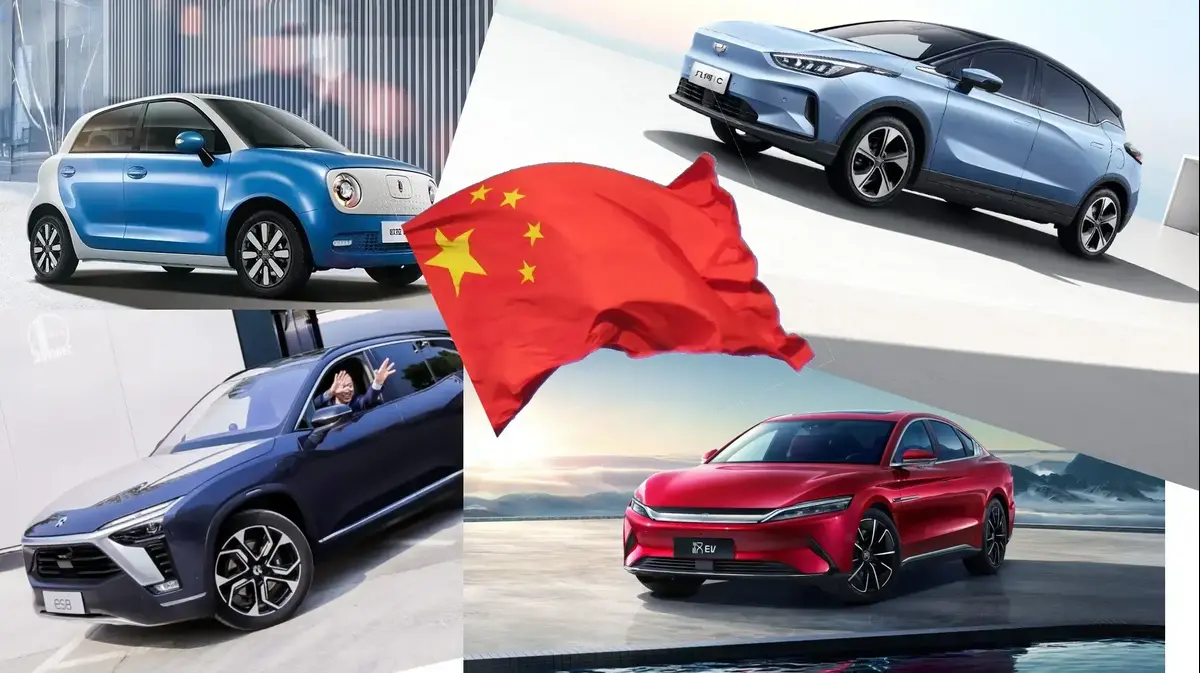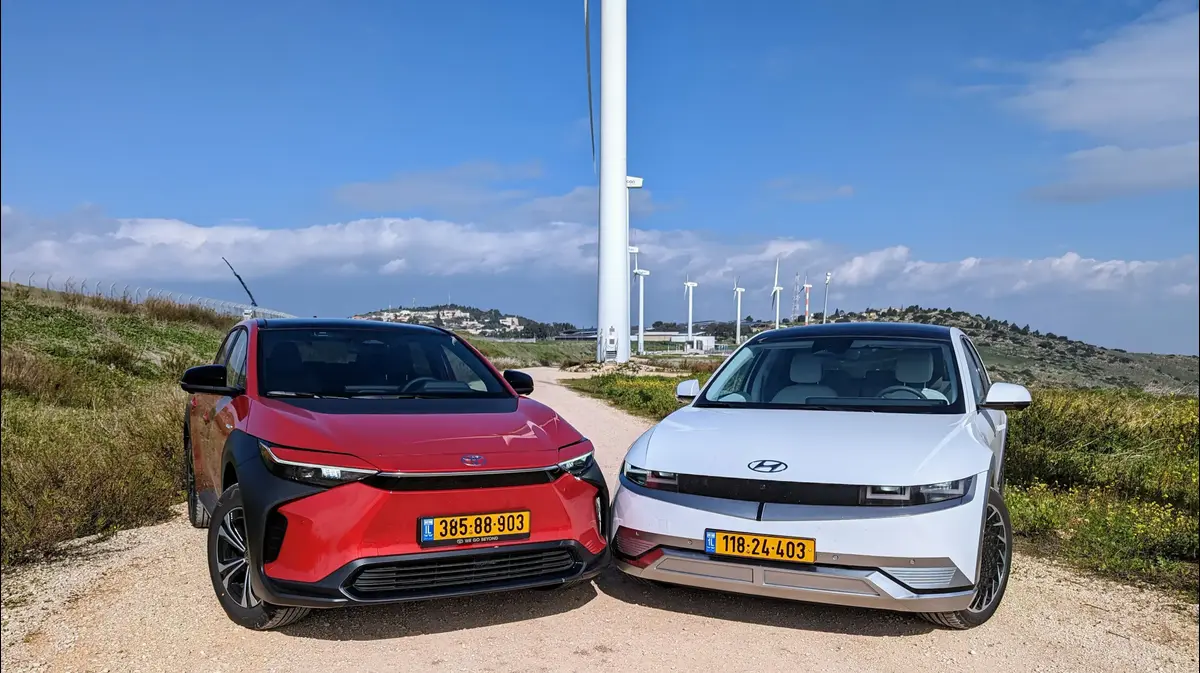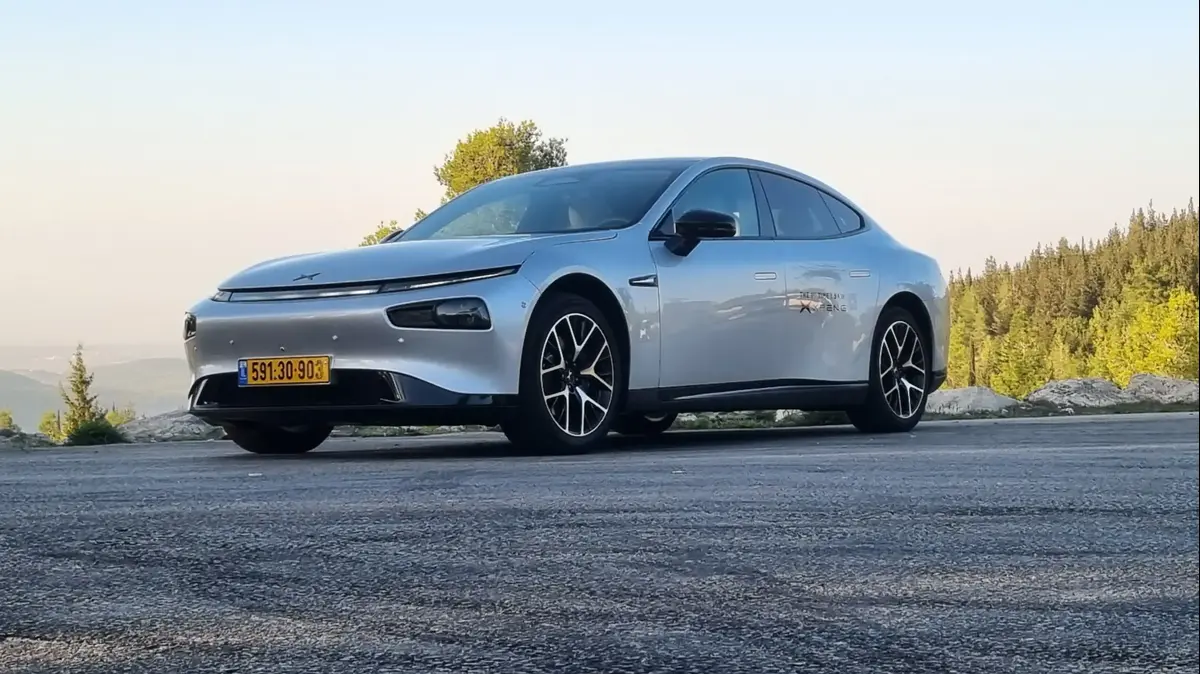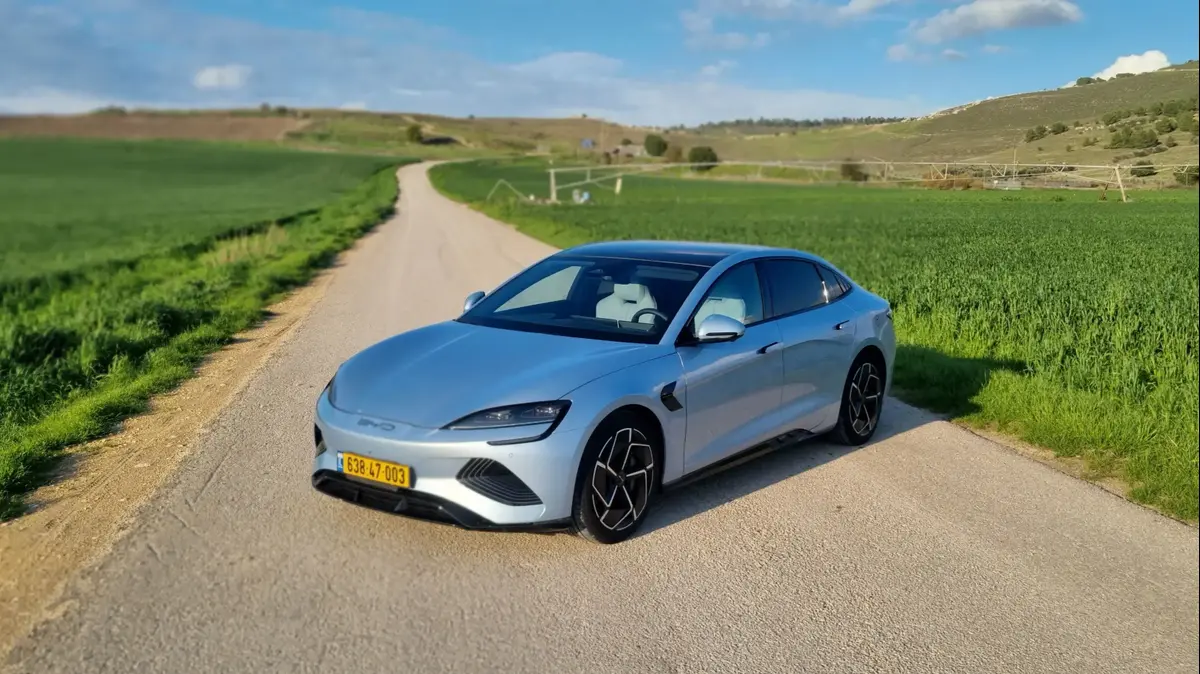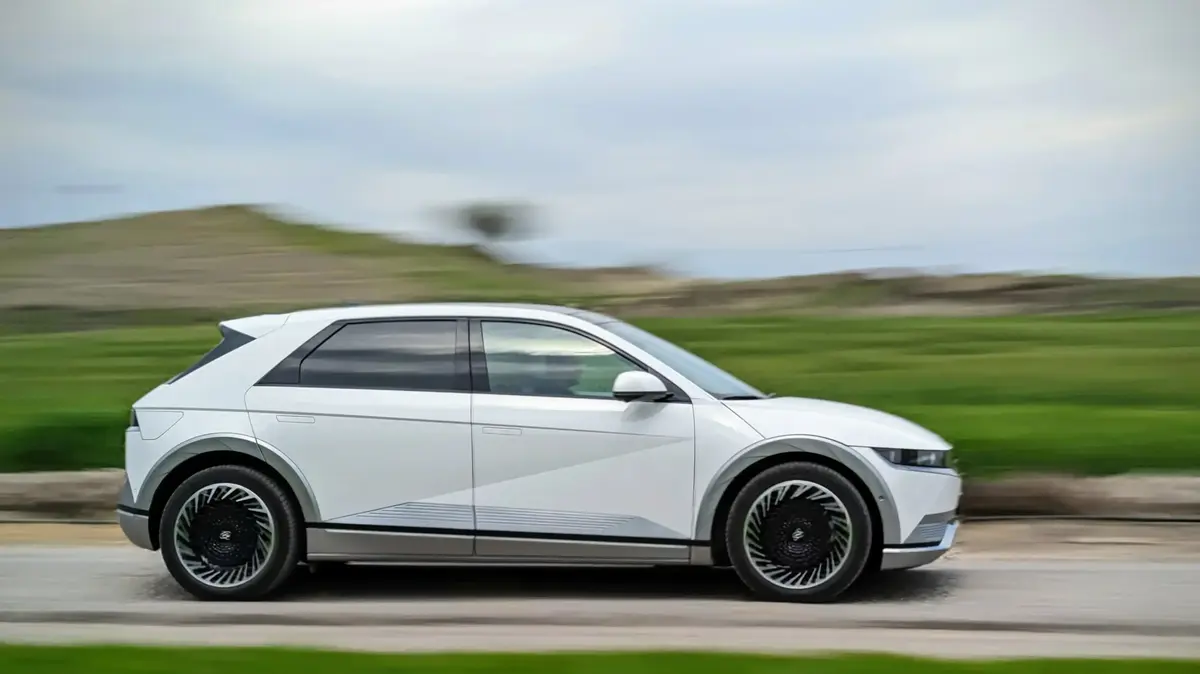vehicle
Car News
Special!
Walla! Vehicle Analysis: Tesla is Israel's new bestseller
Data obtained by Walla! Vehicle indicate a revolution, when it comes to buying a new car privately the Israeli has a new queen and is called Tesla Model 3
Tags
Tesla
New cars
New vehicle
Dedication to a new vehicle
Keenan Cohen
Wednesday, 06 October 2021, 11:26 Updated: 12:30
Share on Facebook
Share on WhatsApp
Share on general
Share on general
Share on Twitter
Share on Email
0 comments
Israelis stormed the electric deal en masse (Photo: SH)
To the long list of "Israeli cars" from the days of the Subaru DL, Mazda Lantis and 3, Sportage and Toyota Corolla can be added a new name - Tesla Model 3. The electric car that arrived quietly out of nowhere took over the Israeli market and private customers, those who buy cars with their money voted for credit cards And made it the best-selling model for individuals in Israel.
According to an analysis of the dedication of the new vehicle in Israel from the beginning of 2021, it appears that although in the overall ranking Tesla is in 11th place, in terms of sales to the private market, the market share of the Model 3 is the highest among all leading models in Israel.
This is how Tesla's first tram took over the local market.
More on Walla!
Customers rush in and discounts disappear
To the full article
The distortion and insights
Just before the data, a few background words about the shaping forces of the Israeli car market. For more than 20 years, the large numbers of new car sales in the Israeli market have been designed by car fleets and the companies that supply them with cars. In the vast majority of cases the logic of these companies when it comes to choosing a car is very simple - as the discount given to them on the car increases, along with it the volume of its purchases increases.
The result of this mechanism is simple and "carzon" analysis for Walla! Vehicle brings the data behind the distorted picture that this situation creates.
Currently, about 350 models and versions of cars from a variety of manufacturers from around the world are marketed in Israel. From China to the United States, Europe, Korea and Japan. In order to understand which are the models that occupy the largest volume in sales to car fleets or the private market, we took the top median of the best-selling models, and distributed it to the relevant models according to the amount of cars sold.
The leading models in the vehicle fleets.
Few of them also star in the private market (Photo: screenshot, Karzon)
The results show most clearly the cruises and wealth in the private market compared to the relatively limited list in the institutional market, which reduces itself to models that in the vast majority of cases were not the same sales to vehicle fleets - their numbers were significantly lower in public interest.
Except in cases like the Corolla, Picanto and Niro that are relatively popular in both cases.
In other words, the first median of the same segment in the Israeli car market is occupied by only 13 models.
In contrast, when looking at the top median of the private market - the number of models competing for a place in the same median is double.
27 many different models on the heart and pocket of the Israeli customer.
And again, with the exception of isolated cases - cars sold to vehicle fleets have no mention in the list of vehicle dedication to the private customer.
With 4,546 units, Tesla has become the best-selling private car in Israel (Photo: screenshot, Carzon)
And the second table is more intriguing, because it is the absolute indication of why Mr. Israeli is really thinking about his new car. And here lies the surprise of the year when it comes to the Israeli car market when at the moment (and there is an asterisk and we will touch on it) - Tesla Model 3, a manufacturer that entered the market only in February, with a single model and zero marketing moves is the car most Israelis bought privately.
With 3.6 percent of sales, it surpasses "on the scales" the two cars on the list, Toyota Raw 4 and Toyota Corolla - but this is an achievement that is simply unprecedented given the fact that it is a relatively expensive car (price starting at about 190,000 shekels, which is above the price The median of new cars), which broke the old notions of "luxury" in its classic vision, lacks an extensive service array and birthmarks to the existing one, and we have not yet said a word about it being fully electric with all the practical meanings of the thing.
The star regarding Tesla and its current location stems from the fact that car dedications come in "waves".
For part of its operating model includes concentrated deliveries near the arrival of full ships in port as opposed to the daily, weekly, monthly delivery of the other importers.
The favorite of the Jeeps and crossovers in the private market, Toyota Rav 4 (Photo: Rami Gilboa)
We have previously analyzed the secret of its success, but the key points are reduced to two aspects - value and status.
Its entry into the market at a surprising entry price thanks to a lean service system and the lack of an "intermediary", in other words - an importer.
Resulted in a price presentation that at once drained customers from a very wide range of segments and preferences.
The fact that within this price also converged a car that breaks paradigms when it comes to performance, and allowed customers to enjoy the equipment and capabilities of cars that cost twice as much and above - did their part with conviction.
And yes, also to the fact that this is a car with an environmental-technological-innovative appeal and at least at first also very unique did their thing.
And like the global car industry, in Israel too we see this very small company leading tectonic changes in model offerings, kicking off more and more manufacturers like Hyundai with Ionic 5 and Skoda with Aniac to enter the electric game and also creating a uniform target price for all those folks who dare not exceed opening price Of 190,000 shekels - "Tesla threshold" if you will.
Bitter September, a shortage of working days led to a significant drop in sales (Photo: screenshot, Carzon)
Holidays and chips
In a broader view of the Israeli car market, September may have added quite a few pounds to us, but when it comes to new car sales it was very thin.
With 13,272 dedications it showed a significant decrease not only in relation to the general dedication frenzy in Israel but also in relation to previous years, yes, including 2020. To the
minority of sales days can also be added the impact of the overall chip industry New.
We have written before that
however, one should object and take into account that a tremendous momentum of 8 months of prosperity does not end at once and despite growth in numbers, there is a slowdown in the growth rate of the market.
Is it a cold towards the end of the year or is it a temporary respite?
Next quarter data will tell.
The vehicle fleets reduced activity in September, and with it the market share also decreased (Photo: screenshot, Carzon)
In terms of the car market as a whole, the leading structure of the brands remains unchanged as Hyundai continues to lead the market with 38,508 units, followed by Toyota with 33,797 units and Kia in third place with 31,241 units. In fourth place is a large and significant European brand that maintains its place, Skoda with 17,568 units and Mazda closes the top five with 13,675 units.
This quintet and all brands recorded a significant increase this year compared to last year, between individual percentages and almost unprecedented significant jumps of tens of percent in Mazda (65 percent), Nissan (64 percent), Toyota (54 percent), Hyundai (38 percent) and even in the luxury groups And the lower overall numbers with BMW growing 71 percent to 3,200 units.
And all of that brings us to the end point, with a quarter of a million new cars hitting the roads (248,900 to be exact) so far and we are three months of sales from the end of the year.
So the car importers and the controlling shareholders and the stocks in which it is doing well, what will it do to the small citizen in terms of the catastrophic situation of traffic on the roads?
In the spirit of this week's Torah portion, "Noah" - after us the flood.
Share on Facebook
Share on WhatsApp
Share on general
Share on general
Share on Twitter
Share on Email
0 comments

